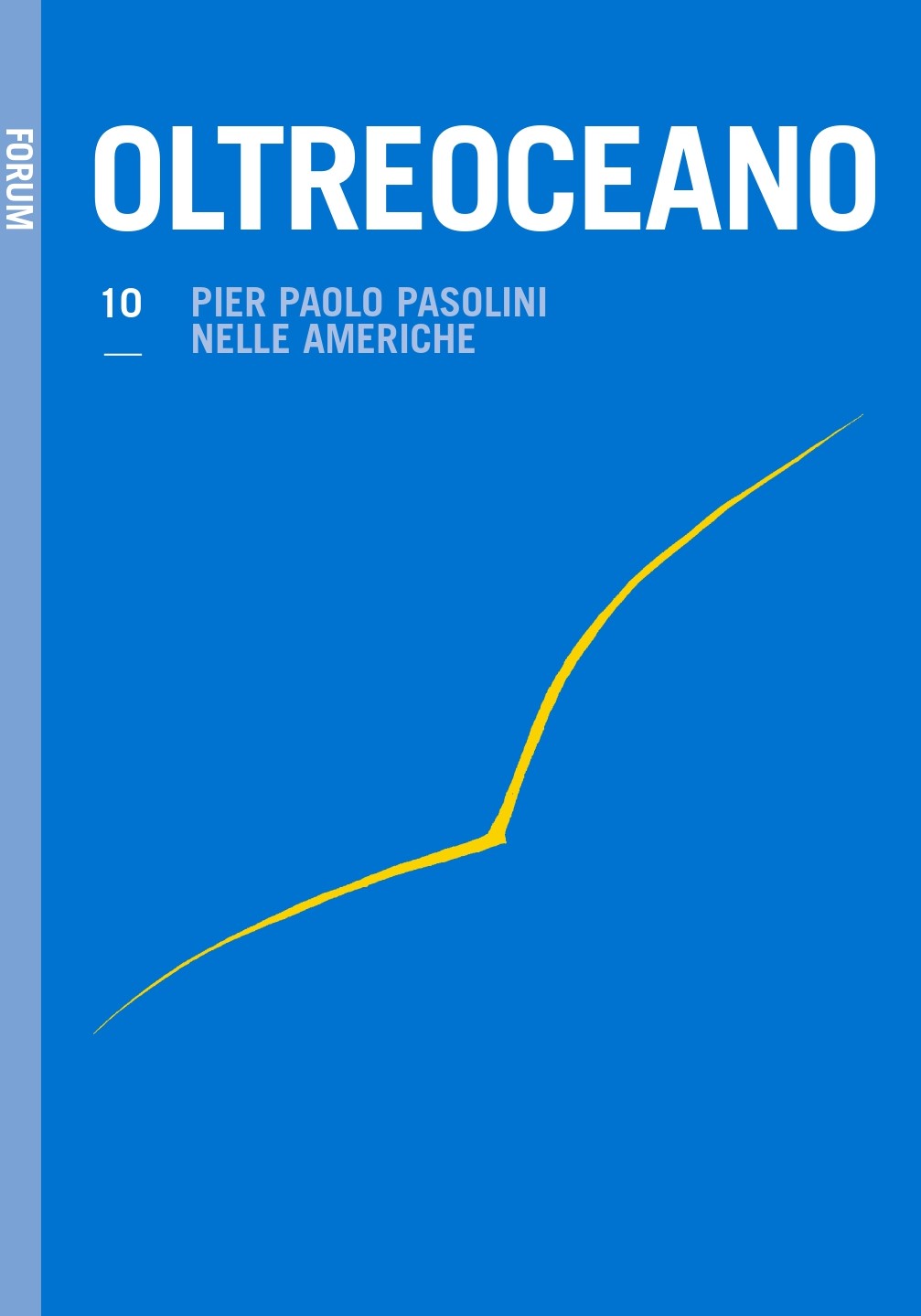La périphérie dans le roman contemporain: Pier Paolo Pasolini, Jorge Amado et Paulo Lins
Keywords:
périphérie, inclusion/exclusion, culture de banlieue, Rome, PasoliniAbstract
Dans cet article, je propose de comparer les regards différents sur la périphérie de Pier Paolo Pasolini dans Ragazzi di vita (1955), de Jorge Amado dans Capitães da Areia (1937) et de Paulo Lins dans Cidade de Deus (1997).
The periphery in the contemporary novel: Pier Paolo Pasolini, Jorge Amado and Paulo Lins
This article comparatively analyzes three novels focused differently on the periphery: Ragazzi di vita (1955) by Pier Paolo Pasolini, Capitães da Areia (1937, Captains of sand) by Jorge Amado and Cidade de Deus (City of God, 1997) by Paulo Lins.
La periferia nel romanzo contemporaneo: Pier Paolo Pasolini, Jorge Amado e Paulo Lins
In questo articolo vengono analizzati comparativamente tre romanzi focalizzati in modo diverso sulla periferia: Ragazzi di vita (1955) di Pier Paolo Pasolini, Capitães da Areia (1937, Capitani di sabbia) di Jorge Amado e Cidade de Deus (1997, Città di Dio) di Paulo Lins.
Downloads
References
Amado, J. (2009): Capitães da Areia. São Paulo: Companhia de Bolso.
Amado, C. (Dir.), (2011): Capitães da Areia.
Amoroso, M. B. (2002): Pier Paolo Pasolini. São Paulo: Cosac & Naify.
Amoroso, M. B. (2007): As periferias do mundo: Pasolini e o Brasil. Rev. do Departamento de Letras Clássicas e Vernáculas da Universidade de São Paulo, 12, pp. 79-94. Tiré de http://www.revistas.usp.br/viaatlantica/article/view/63930
Lins, P. (2012): Cidade de Deus. São Paulo: Planeta do Brasil.
Lund, K. & Meirelles, F. (Dir.) (2002): Cidade de Deus.
Nazário, L. (1986): Pier Paolo Pasolini. São Paulo: Brasiliense.
Nepomuceno, M. R. (2010): A visita de Pasolini ao Brasil: um Terceiro Mundo melancólico. Rev. do Programa de Pós-Graduação em Comunicação da Universidade Federal Fluminense, 23, pp. 38-48. Tiré de http://www.uff.br/ciberlegenda/ojs/index.php/revista/article/view/127
Pasolini, P. P. (1982): Meninos da vida, 1955. Trad. R. Artini Petraitis et L. Nazário. São Paulo: Brasiliense.
Pasolini, P. P. (19952): Últimos Escritos. Trad. M. Braga da Cruz. Coimbra: Fora do Texto.
Rhodes, J. D. (2007): Stupendous, Miserable City: Pasolini’s Rome. Minneapolis: University of Minnesota Press.
Rubens Paiva, M. (1997, 16 agosto): Cidade de Deus, o livro, dá voz a quem não tem nada. Folha de São Paulo. Tiré de http://www1.folha.uol.com.br/folha/especial/2002/cidadededeus/conheca_o_livro.shtml
Schwarz, R. (1999): Cidade de Deus. In R. Schwarz, Sequências brasileiras: ensaios (pp. 163-171). São Paulo: Companhia das Letras.
Valadares, L. do Prado (2005): A invenção da favela: do mito de origem à favela. Rio de Janeiro: FGV.
Downloads
Published
How to Cite
Issue
Section
License

This work is licensed under a Creative Commons Attribution-NonCommercial-ShareAlike 4.0 International License.
The authors undertake to comply with the following conditions, which are considered accepted at the time of submission of their contributions.
The sending of a text implies that it is unpublished and not submitted to be published elsewhere.
1. If accepted, the author shall confer on the publisher the right to publish and distribute it both in paper form and in the online electronic edition. The published articles will be downloadable and made available in open access.
2. Provided that it correctly indicates that the first publication took place in the journal Oltreoceano. Rivista sulle migrazioni the author has the right to: a) reproduce the article in separate extracts or collected in a volume; b) publish the article on their personal website or teaching site provided that these sites are of a non-commercial nature; c) deposit the article in online archives of a non-commercial nature, linked to the institution they belong to or as part of projects for the non-commercial dissemination and open access of scientific works.
The use of contributions by third parties, for commercial or otherwise unauthorized purposes, is not allowed. The publisher declines all responsibility for the unauthorized use of the material published in the journal.












